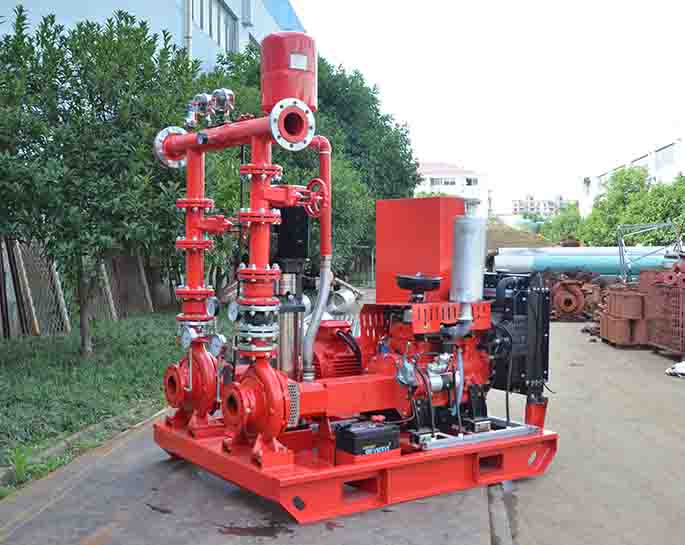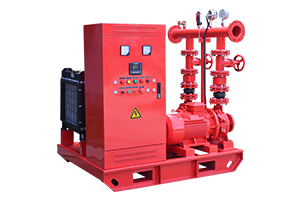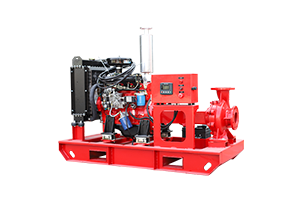How to choose a fire pump?
Mar 30, 2023
Share:
When it comes to protecting your home or business from fire, having the right fire pump is essential. A fire pump is a self-contained device that pumps water from a water source to the fire sprinkler system, helping to extinguish a fire. Choosing the right fire pump is important, as the incorrect pump can cause serious damage. Here are a few tips to help you choose the right fire pump for your needs.
1. Determine Your Water Source: The first step in choosing a fire pump is to determine your water source. You will need to consider the size of your water source, as well as its pressure and flow rate. This will determine the type of fire pump you need to purchase.
2. Consider Your Fire Sprinkler System: Once you have determined your water source, you will need to consider the type of fire sprinkler system you have in place. Your fire pump should be designed to meet the requirements of your system.
3. Consider Your Requirements: You will also need to consider your specific requirements. This includes the size of the pump, the type of fuel source you will use, and any other special needs your pump must meet.
4. Research the Different Types of Fire Pumps: There are a variety of fire pumps available on the market today, such as electric pumps, diesel pumps, and gas pumps. Research the different types of pumps to determine which one is best suited for your needs.
5. Consider Your Budget: Finally, it is important to consider your budget when choosing a fire pump. Fire pumps can range in price, so make sure to compare different models and prices before you make your purchase.
By following these tips, you can choose the right fire pump for your needs. Be sure to do your research and consider your budget before making your purchase. With the right fire pump, you can rest assured that your home or business will be protected from fire.

1. Determine Your Water Source: The first step in choosing a fire pump is to determine your water source. You will need to consider the size of your water source, as well as its pressure and flow rate. This will determine the type of fire pump you need to purchase.
2. Consider Your Fire Sprinkler System: Once you have determined your water source, you will need to consider the type of fire sprinkler system you have in place. Your fire pump should be designed to meet the requirements of your system.
3. Consider Your Requirements: You will also need to consider your specific requirements. This includes the size of the pump, the type of fuel source you will use, and any other special needs your pump must meet.
4. Research the Different Types of Fire Pumps: There are a variety of fire pumps available on the market today, such as electric pumps, diesel pumps, and gas pumps. Research the different types of pumps to determine which one is best suited for your needs.
5. Consider Your Budget: Finally, it is important to consider your budget when choosing a fire pump. Fire pumps can range in price, so make sure to compare different models and prices before you make your purchase.
By following these tips, you can choose the right fire pump for your needs. Be sure to do your research and consider your budget before making your purchase. With the right fire pump, you can rest assured that your home or business will be protected from fire.







